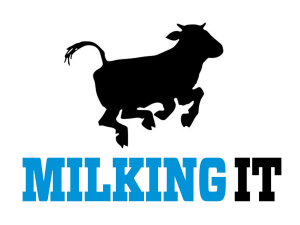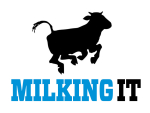Yes, they do throughout the world but not in New Zealand, it seems.
Greenpeace's decision to go to the Court of Appeal over the proposed Taranaki renewable energy to green hydrogen project has shocked project stakeholders, including farmer-owned co-operative Ballance.
The environmental activists are appealing the resource consent in the Wellington Court of Appeal in a bid to stop the project.
Greenpeace's action is frustrating and confusing as it will simply stall the decarbonisaton of heavy transport and industry and delay the transition from fossil fuels.
How does Greenpeace explain that?










